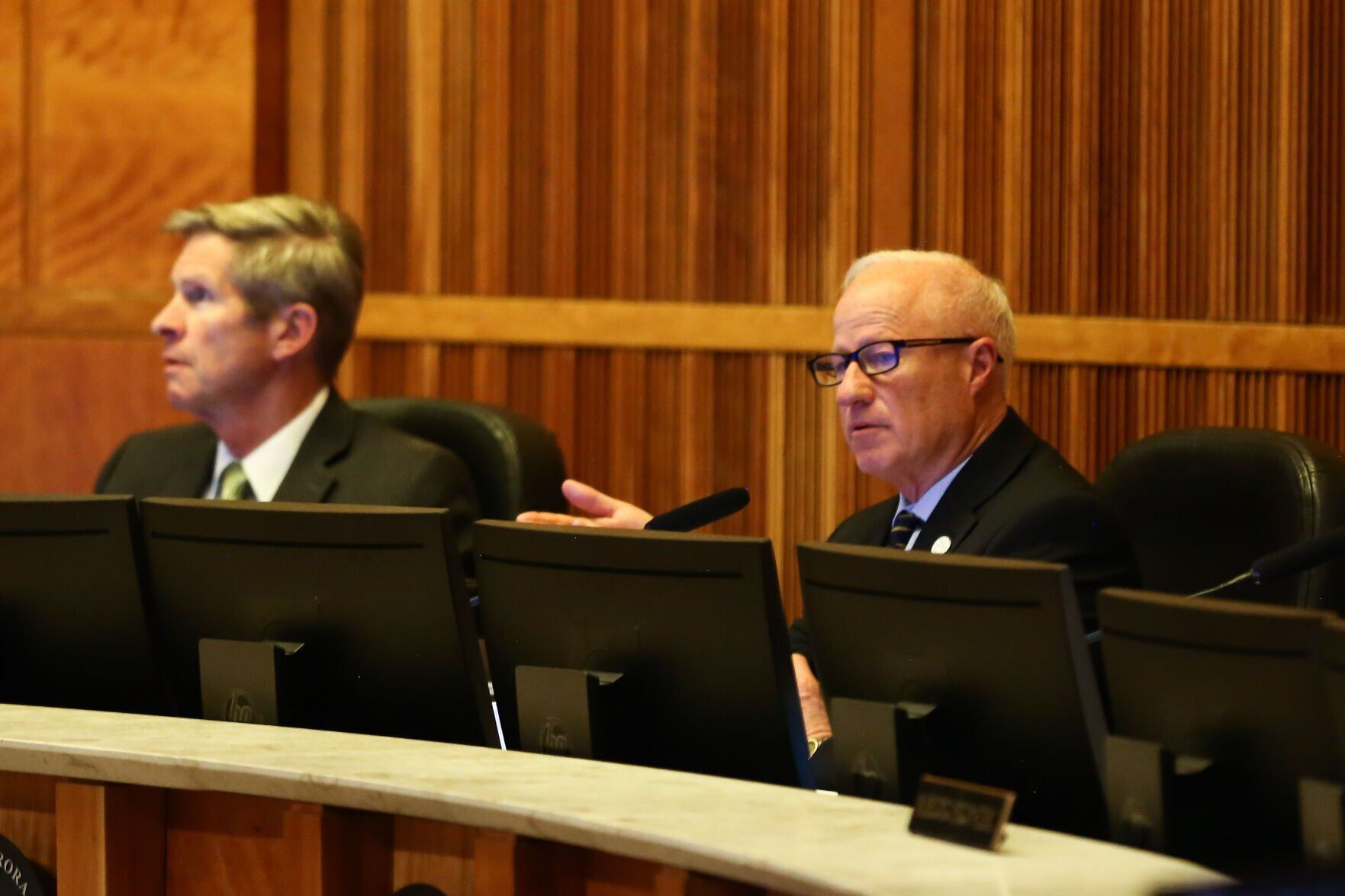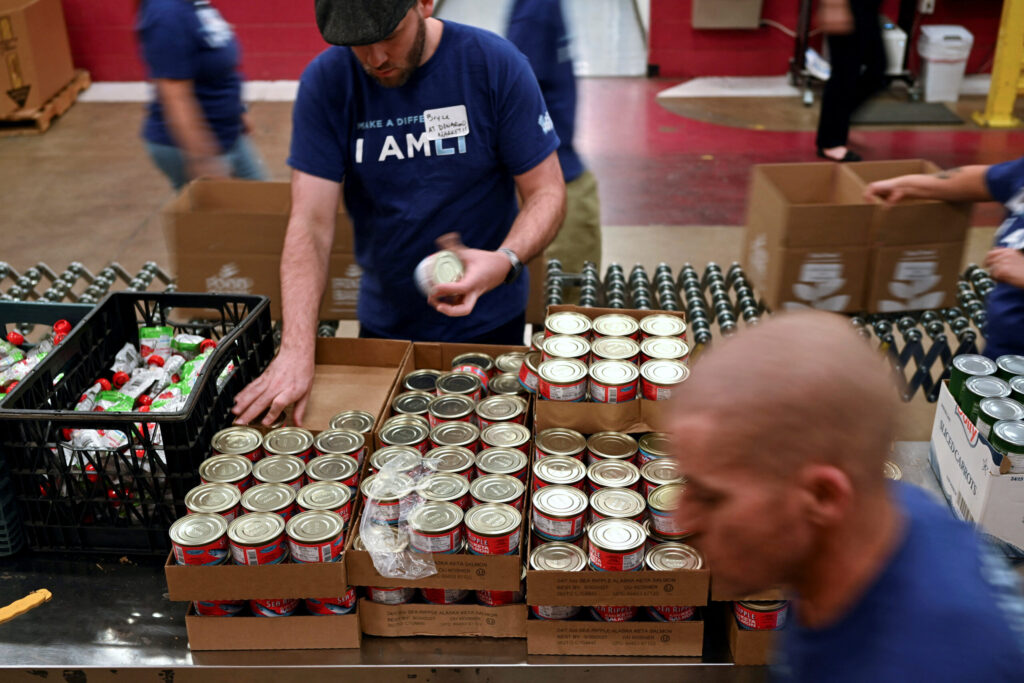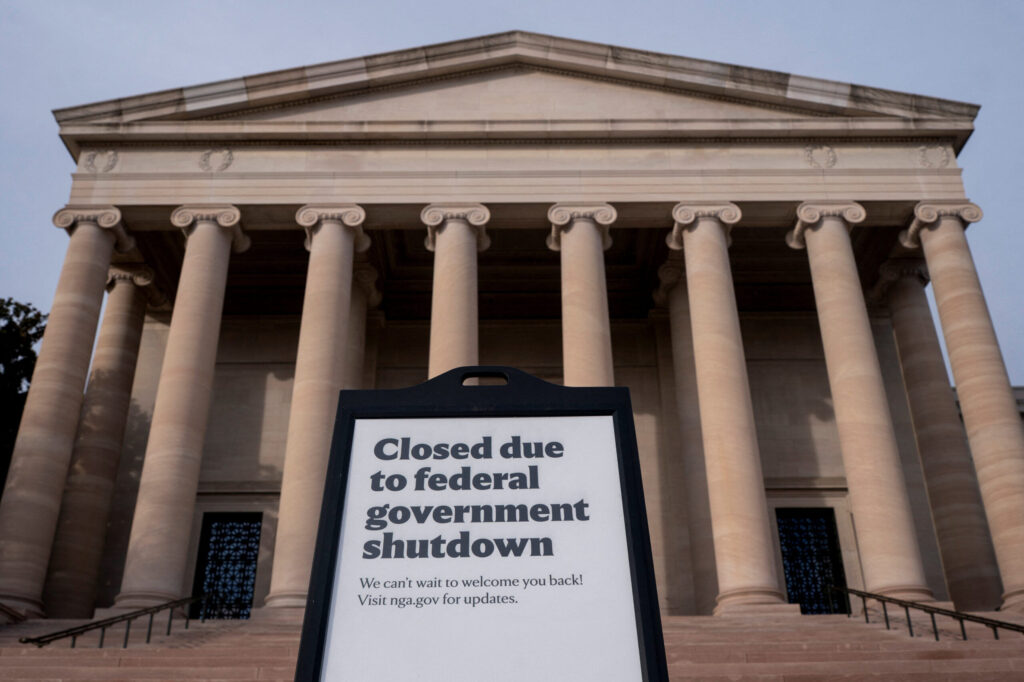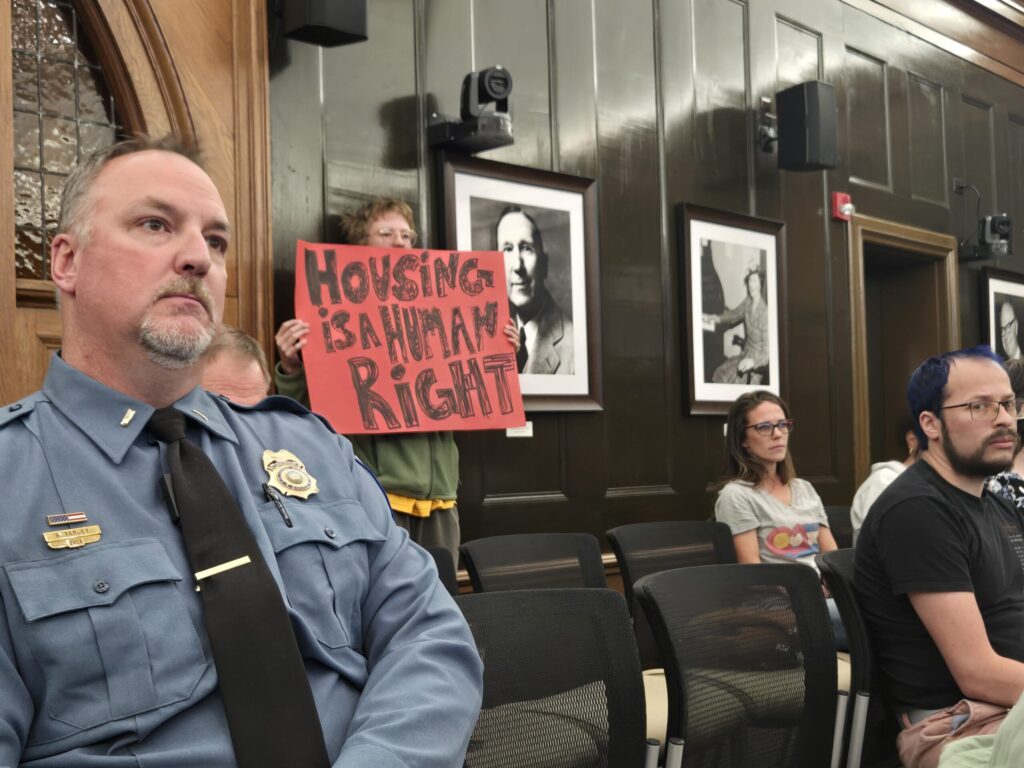Aurora green lights multi-million dollar homelessness reduction system

Aurora will begin work to overhaul its homelessness reduction system after a divided council approved a proposal that calls for a new campus, incentivizes people’s participation in supportive services and incorporates conditions people must meet to receive transitional housing.
Council deliberated through nearly 17 proposed amendments to the resolution, sponsored by Mayor Mike Coffman, for 90 minutes on Monday. That became a point of contention in and of itself, although numerous proposed amendments stirred debate individually.
Aurora council delays homelessness resolution after fiery debate
Proponents said the amendments would better position the city to secure grant funding for the plan, while critics feared they comprised fundamental changes to the policy. Council voted to approve the proposal in a 7-3 decision.
In short, Coffman said the new system will work in three tiers: emergency shelter for anyone who needs it, supportive services people will be incentivized to access and conditional transitional housing.
“There is not a one-size-fits-all in addressing the issue of homelessness,” Coffman said.
The resolution dictates that the city will seek private, county, state and federal funds to fund the construction of a new navigation campus. City staff have projected building a campus on city-owned land could fall between $50 million and $70 million.
Aurora intends to significantly rely on private and philanthropic funding rather than federal funding to run the campus. Mayor Pro Tem Francoise Bergan and Councilmember Dustin Zvonek have advocated against using public funding for operational costs.
The resolution states federal funding “comes with inflexible requirements,” echoing frustrations councilmembers Bergan and Zvonek have raised previously that federal funds force communities to rely on housing first models.
The resolution also includes a stipulation that Bergan has said her support would be contingent upon – that a nonprofit operate the campus, and not the city.
Aurora buckles in for potential of lengthy police chief search
The new system will include workforce development and provide case management through the newly-built navigation center. Housing support for families will be located elsewhere in the community.
It’s unclear when a campus might be built. The city is first seeking state grants to help with capital costs, and must apply before the end of the year, Coffman said.
Council voted most proposed amendments down, with votes typically splitting along partisan lines amid fraught debate.
It revived a debate that council held when the resolution was first proposed in October. Last month, council was slated to vote on the proposal but ultimately delayed the decision as Councilmember Juan Marcano brought forward 17 amendments – some aimed at removing references to conditional-based programming and replacing it with an emphasis on evidence-based strategies.
Councilmembers asked Coffman and Marcano to iron out the resolution and bring it back following an hour of tense discussion. Mayor Coffman said since then he had seen the full list of amendments, incorporated some he was agreeable to and left out those he did not favor in the resolution presented on Monday.
Marcano was frustrated that a sit-down with the mayor did not happen, and said it appeared the bulk of his suggestions were not considered in the final proposal. He brought nearly every proposed amendment forward for individual consideration on Monday.
Marcano believed one in particular, which would have incorporated language about collaborating with the federal, state, county and neighboring municipal governments, would be crucial to securing grant funding for a new homelessness system.
The mayor at first said the amendment contradicted the resolution’s stance that Aurora should rely on private funding, not federal funding, and later said it was redundant because the resolution already spoke to collaborating with regional partners. Coffman reiterated that he wants Aurora to be a leader on the issue, that he knows what direction he wanted the city to go in, and other jurisdictions “can come along or not.”
Councilmember Alison Coombs said the amendment could not be in contradiction with the resolution and redundant at the same time. The city should not be dragging other jurisdictions along with its plan “kicking and screaming,” Coombs said. Collaborating would be the true show of leadership, she said.
Coffman called several of Marcano’s proposals redundant and unnecessary language.
After an hour of considering amendments, Councilmember Danielle Jurinsky chastised Marcano for bringing forward so many, something she and Councilmember Curtis Gardner did at the last regular meeting. They had asked Coffman and Marcano to go through the amendments together and bring back a more finetuned resolution.
Divided Aurora council gives 2023 budget early approval
The Monday night debate felt as “if we’re squaring up for next year’s mayor’s race,” she said. With a packed chambers, Jurinsky said the council was holding hostage community members who came to hear an item later on the agenda, and urged a speedier discussion.
“I would like to release these hostages,” she said.
Marcano said the resolution should have undergone policy committee review where the amendments could have been considered but had not. He also asked the mayor to meet about the amendments, he said. In his comments before council’s vote on the proposal, Marcano said councilmembers had abused rules allowing them to call for a vote on amendments and end debate on his suggestions.
“I don’t think we are going to be able to muster the regional support necessary,” he said.
Jurinsky fired back at Marcano, who was joining remotely, saying “the real abuse is being accused of abuse by someone who is sitting in the comfort of their own home.”
“Show up in person and say it to our face next time,” she said.
Marcano said he was at home recovering from surgery.
Another amendment approved by council removed references to self-sufficiency and replaced them with the term self-reliance. Marcano stressed the phrase self-sufficiency implies people can only depend on themselves, while self-reliance means a person has control of their own decision making and acknowledges that everyone is interdependent.
The resolution caps a long road to ushering in a different vision for Aurora’s homelessness reduction system. In September and October, councilmembers visited Houston, San Antonio and Colorado Springs to see differing models for reducing homelessness.
Marcano and Coombs been vocal supporters of pursing a housing first model such as Houston’s, while critics such as Zvonek and Bergan preferred treatment-first models with conditions and incentives.














